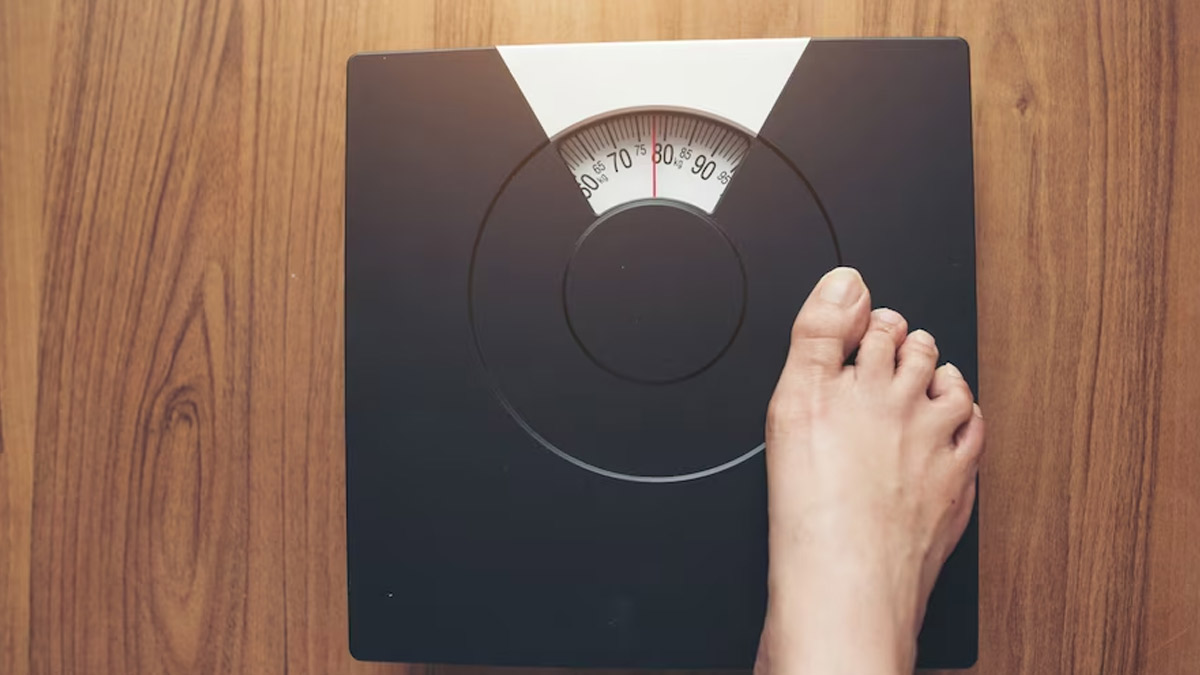
Through the information available on the internet we all are well aware about the struggle of an overweight person, but rarely do we know about the unique challenges of individuals who are skinny. There's a silent struggle happening for those who desire to look healthy and fit, but don't want to empty their wallets in the process.
Table of Content:-
According to the World Health Organisation, India accounts for one-third of the worldwide burden of undernutrition. As per Global Hunger Index (GHI) 2022, the country is rated 107th out of 121 countries.
Whether you are a student on a tight budget, or simply someone looking for cost-effective ways to achieve a healthier body, Neetu Chauhan, Myprotein influencer and certified nutritionist, explains the process of gaining weight.
1. What is the cheapest and the fastest way to gain weight?
“Cheapest way to gain weight would be to strength train at home and eat home cooked meals. All the good plant based, dairy based food sources can easily be bought at affordable rates. Gaining weight requires one to eat in a surplus so focus should be on completing caloric demands and not how cheap or expensive is the food plan,” said Ms Chauhan.

“If we talk about fitness equipment like dumbbells, there are tons of affordable options available online these days and not everything needs to be purchased from day one. Buy one or two pairs of dumbbells and start there and gradually keep adding,” she added.
Basically, the process is very simple:
- Strength training 4-5 days a week covering both upper body and lower body muscles. Try to slowly progressive overload meaning increase the weights of dumbbells as you grow stronger to challenge the muscles.
- Support your workouts with a surplus of calories. Surplus means the calories that you eat above your maintenance calories to support weight gain. These can easily be calculated using calorie calculators available online.
- Be sure to increase your protein intake as muscles are essentially protein so to gain more muscle we must supply more protein to our body. Aim to range between 1.5g protein per kg bodyweight to 2g protein per kg bodyweight.
Also, there is no such thing as 'fastest' when we are talking about health goals because each body is different and responds at its own pace. One must focus on following the right process consistently & patiently and before you know gains will start making their way in.

Also read: 4 Reasons Why Late Night Eating Leads to Weight Gain and Obesity
2. Is there a different diet for a boy or a girl to gain weight?
As per nutritionist, what we eat cannot be differentiated on a gender basis. A boy or a girl will eat the same food but the quantities will vary. It's important to understand that quantities will vary from person to person and not gender to gender. Depending on your age, height, weight, physical activity etc caloric demands will be different hence quantities of food sources will vary from person to person but actual food source will remain the same. Also, emphasising on the fact that protein is also the same for everyone, there is no such thing as protein for men or protein for women.
3. Is it ok to overeat to gain weight?
No, absolutely not. Solution to gaining weight is not overeating. Overdoing something is as bad as underdoing. Yes, one of the demands of gaining weight is to eat in surplus but that doesn't mean we overdo our surplus calories. Keep it simple by staying in a surplus of around 300 calories and gaining at a sustainable pace.
Also read: Nutritionist Tips To Prevent Weight Gain During Festive Season
4. Should exercise be avoided to gain weight?
Exercising should be the number one thing on the list for those wanting to gain weight. Ms Chauhan encourages people to gain weight the right way which is by working out and focusing more on packing muscle to gain weight instead of packing too much fat. Further, she said that just eating more and not exercising is only a recipe for excessive fat gain, leading to health issues so if you are serious about gaining the right way then GET MOVING!
Also watch this video
How we keep this article up to date:
We work with experts and keep a close eye on the latest in health and wellness. Whenever there is a new research or helpful information, we update our articles with accurate and useful advice.
Current Version